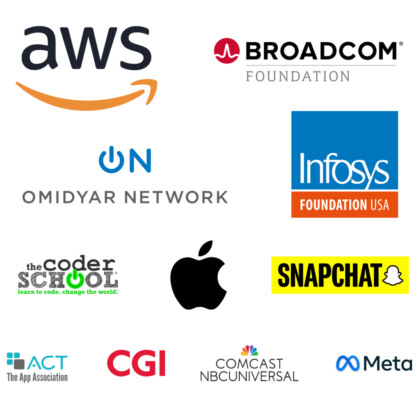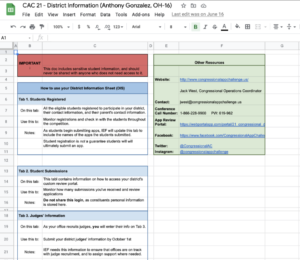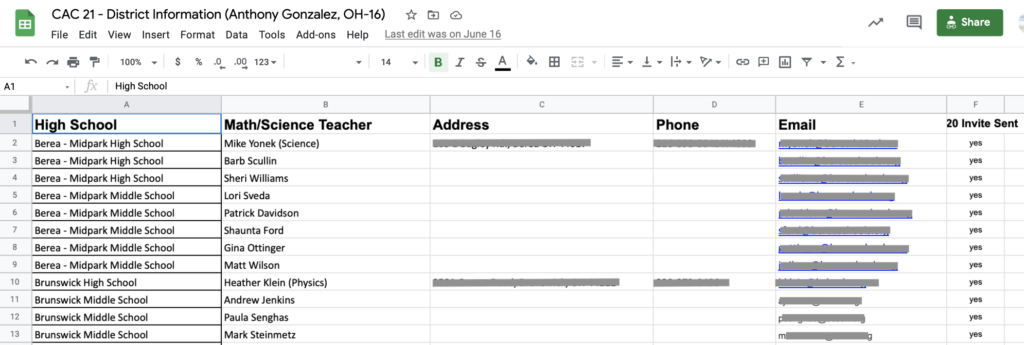CONGRESSIONAL TOOLKIT
Welcome to the CONGRESSIONAL TOOLKIT.
In the sections below, CONGRESSIONAL STAFF can find RESOURCES, STRATEGIES, TEMPLATES, and INFORMATION to make hosting an App Challenge as easy as possible. The toolkit will provide you with the PROGRAM FUNDAMENTALS:
mission, goals, terminology, step-by-step directions for hosting a
challenge, fundraising rules, and much more. This includes materials for
you to use as your office follows the outlined steps, and the Appendix
includes various reference materials, such as the text of the
legislation used to create the program.
The Congressional Toolkit is made possible with the support of our generous sponsors:



